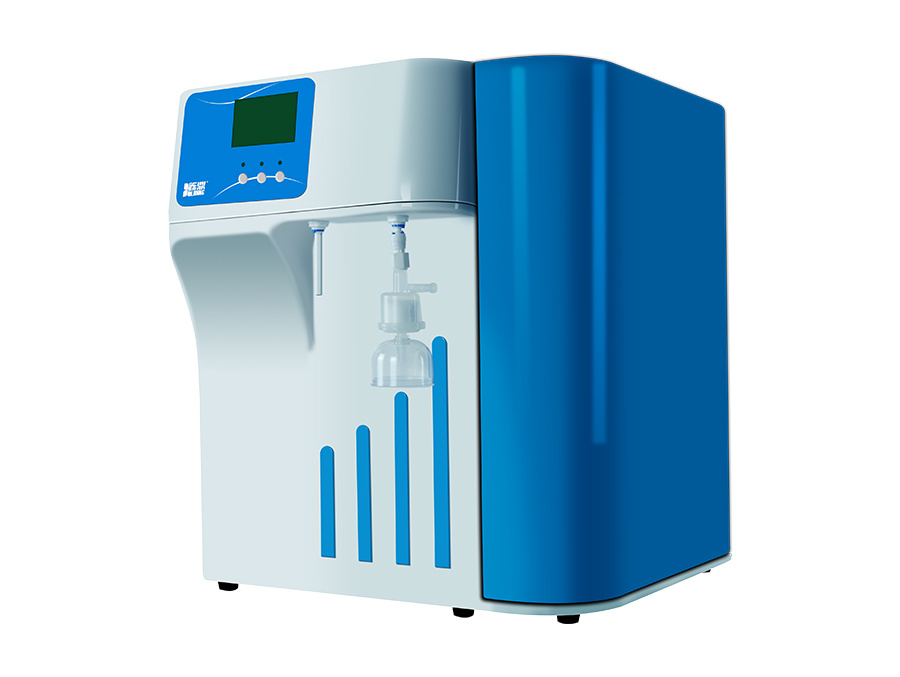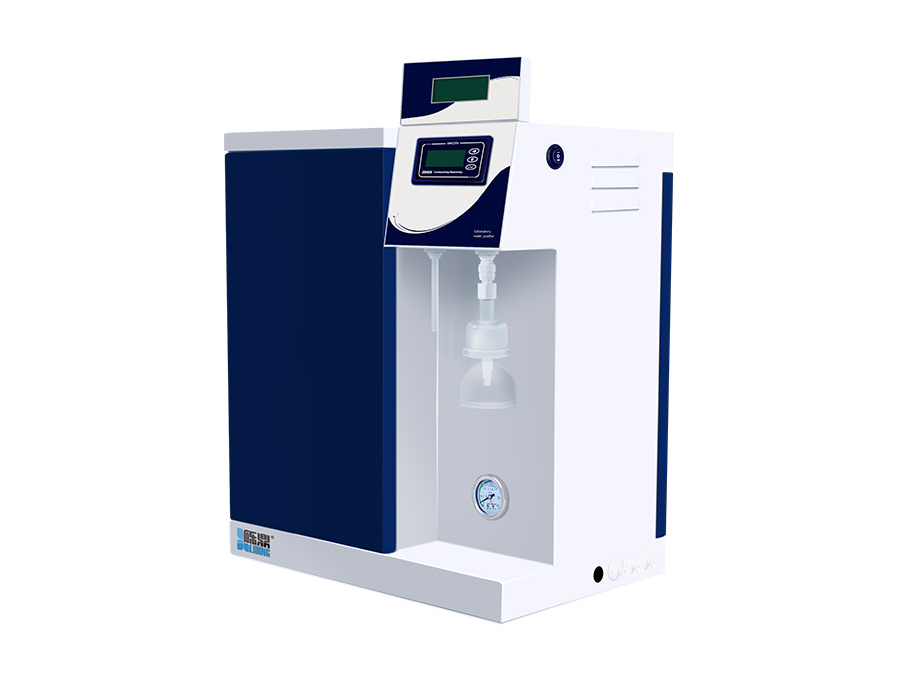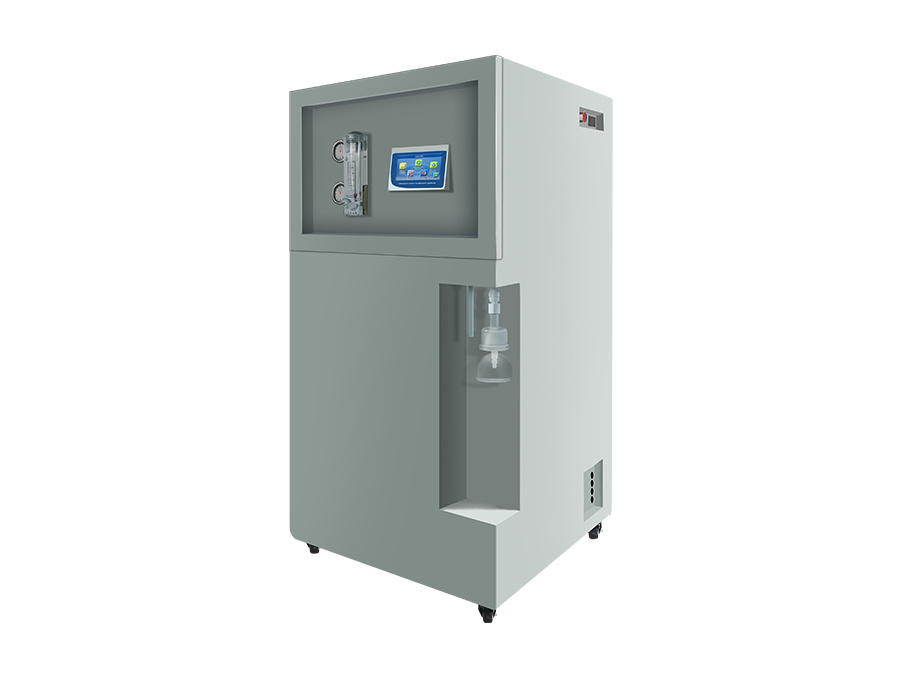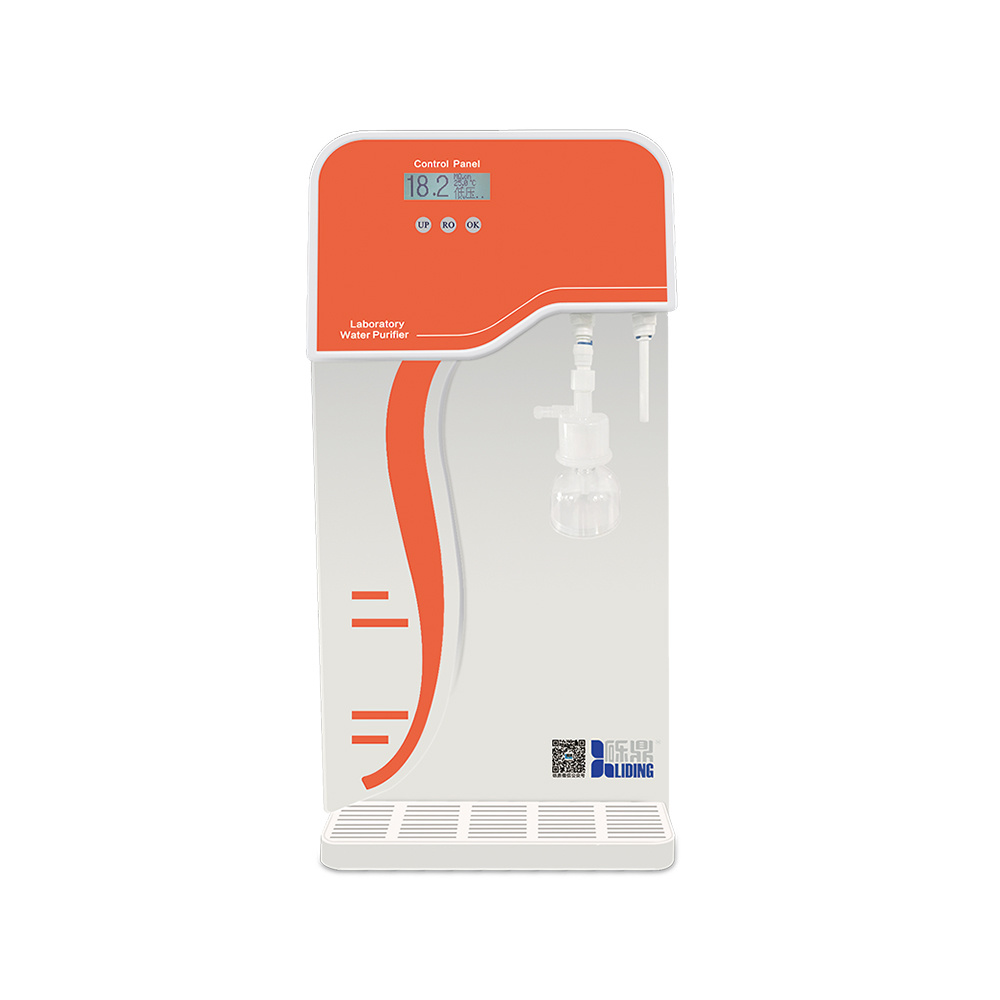Understanding Ultra Pure Water Systems: Essential Insights for Industrial Applications
Time:
Jul 26,2025
When it comes to water treatment within industrial settings, ultra pure water systems play a pivotal role. These systems are designed to remove impurities to a level that meets stringent quality standards, making them ideal for applications in pharmaceuticals, electronics manufacturing, and other sectors requiring highly purified water.
The process of producing ultra pure water typically involves several stages, including microfiltration, reverse osmosis, and deionization. Each stage is crucial for effectively eliminating contaminants such as bacteria, particulates, and dissolved solids. Microfiltration serves as a pre-treatment step to remove larger particles, while reverse osmosis utilizes semi-permeable membranes to separate water from a significant percentage of dissolved salts and organic compounds. The final stage, deionization, uses ion exchange resins to remove any remaining ionic impurities, ensuring that the water meets ultra-pure specifications.
One of the primary advantages of ultra pure water systems is their ability to ensure the consistent quality of water used in production processes. For example, in the semiconductor industry, the presence of even trace levels of impurities can lead to defects in microchips. By utilizing ultra pure water, manufacturers can safeguard their products and minimize the risk of costly rework or recalls. Similarly, pharmaceutical companies rely on ultra pure water for drug formulation and cleaning processes, where any contamination can have serious implications for product safety and efficacy.
In addition to product quality, ultra pure water systems contribute to operational efficiency. The advanced filtration technologies employed in these systems not only enhance water purity but also reduce the frequency of maintenance and downtime. With lower levels of contaminants, equipment such as boilers, cooling towers, and processing machines experience less scaling and fouling, leading to longer operational lifespans and reduced repair costs.
It's also worth noting that implementing an ultra pure water system requires careful consideration of the specific needs of an operation. Factors such as water source quality, required purity levels, and production capacity should all be evaluated to determine the most appropriate system configuration. Furthermore, routine monitoring and maintenance are essential to ensure the continued performance and reliability of the system over time.
In summary, ultra pure water systems are an indispensable component in various industrial applications. By providing high-quality water that meets strict purity standards, these systems enhance product quality, boost operational efficiency, and reduce maintenance costs. Understanding the technology and processes behind ultra pure water systems is essential for professionals seeking to optimize their water treatment solutions in a competitive industrial landscape.
The process of producing ultra pure water typically involves several stages, including microfiltration, reverse osmosis, and deionization. Each stage is crucial for effectively eliminating contaminants such as bacteria, particulates, and dissolved solids. Microfiltration serves as a pre-treatment step to remove larger particles, while reverse osmosis utilizes semi-permeable membranes to separate water from a significant percentage of dissolved salts and organic compounds. The final stage, deionization, uses ion exchange resins to remove any remaining ionic impurities, ensuring that the water meets ultra-pure specifications.
One of the primary advantages of ultra pure water systems is their ability to ensure the consistent quality of water used in production processes. For example, in the semiconductor industry, the presence of even trace levels of impurities can lead to defects in microchips. By utilizing ultra pure water, manufacturers can safeguard their products and minimize the risk of costly rework or recalls. Similarly, pharmaceutical companies rely on ultra pure water for drug formulation and cleaning processes, where any contamination can have serious implications for product safety and efficacy.
In addition to product quality, ultra pure water systems contribute to operational efficiency. The advanced filtration technologies employed in these systems not only enhance water purity but also reduce the frequency of maintenance and downtime. With lower levels of contaminants, equipment such as boilers, cooling towers, and processing machines experience less scaling and fouling, leading to longer operational lifespans and reduced repair costs.
It's also worth noting that implementing an ultra pure water system requires careful consideration of the specific needs of an operation. Factors such as water source quality, required purity levels, and production capacity should all be evaluated to determine the most appropriate system configuration. Furthermore, routine monitoring and maintenance are essential to ensure the continued performance and reliability of the system over time.
In summary, ultra pure water systems are an indispensable component in various industrial applications. By providing high-quality water that meets strict purity standards, these systems enhance product quality, boost operational efficiency, and reduce maintenance costs. Understanding the technology and processes behind ultra pure water systems is essential for professionals seeking to optimize their water treatment solutions in a competitive industrial landscape.
RELATED NEWS








